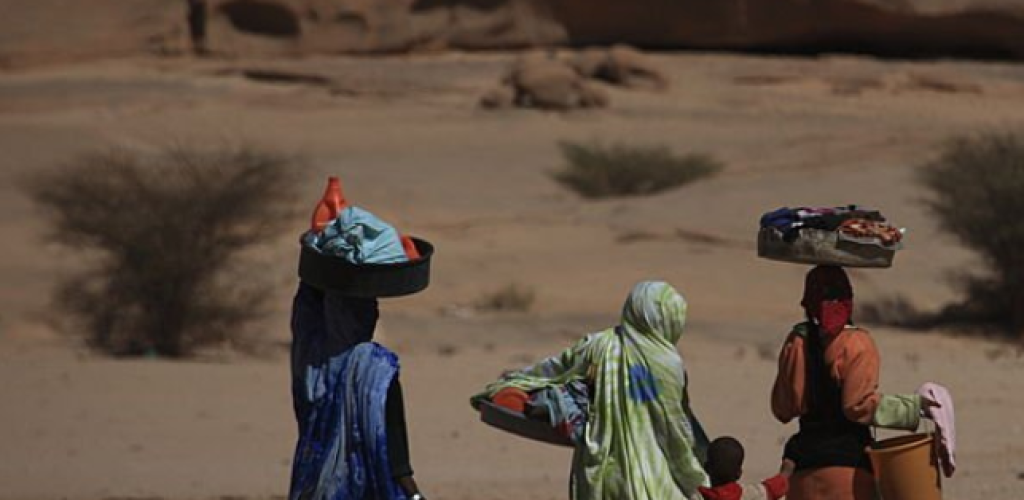When the war in Sudan broke out in 2023, I was in Uganda, starting a new chapter in my career. As a Sudanese deeply attached to my country, it was a strange and painful experience, to be safe, growing professionally, while my home was collapsing into conflict.
Sudan had always been politically unpredictable, especially after the 2019 revolution. But despite the instability, there was hope. We had finally gained the freedom to start building the Sudan we wanted. There was so much positivity, so much belief that we were moving toward a brighter future. Before leaving Sudan, I spent five years with the World Food Programme (WFP), working to support communities in every way we could. Being in the development field, my vision was always clear, I wanted to step away, learn from countries that were doing things better, and return to help rebuild Sudan into the nation we had dreamed of.
I had just joined Innovations for Poverty Action (IPA) in Uganda when the war erupted. Though I wasn’t physically in Sudan, my heart remained there. Sleepless nights became the norm as I constantly checked on my family, friends, and the millions caught in the crisis. The war scattered my loved ones across different countries, each struggling to find a place to settle due to restrictive policies. Many lost their lives not just to violence but to a lack of medical care and basic necessities. My own grandmother and aunt passed away while trying to escape, and I never got the chance to attend their funerals.
Uganda, however, became an unexpected place of learning and solidarity. During my Rotary Peace Fellowship at Makerere University, where I earned a Postgraduate Diploma in Peacebuilding and Conflict Transformation, I was deeply inspired by Uganda’s progressive refugee policies. As someone committed to Sudan’s future, I studied these policies closely, hoping we could adopt similar approaches one day.
At the same time, I witnessed firsthand the struggles of those fleeing to Uganda. While some Sudanese were escaping, others were making their way here, arriving in the most unimaginable conditions. Those of us who were already in Uganda did whatever we could to support them, helping them find shelter, access basic needs, and process their trauma. We formed support groups where we would sit together, share our pain, and try to make sense of what had happened. No one ever thought that things would spiral out of control so drastically. From a place of relative peace and optimism, we had been thrown into one of the darkest moments of our history.
Two years later, we are still struggling, but we are also rebuilding. Many Sudanese in Uganda have started over, finding jobs, launching businesses, and returning to school. Despite everything, we are finding ways to move forward.
Throughout this time, I’ve also had the opportunity to speak at multiple events, shedding light on the crisis in Sudan and advocating for peace. My experience has made it clear that peacebuilding is not just a profession for me, it is a lifelong commitment. No matter where I am, my heart and my work will always be tied to Sudan.
By Alia Abdalla Mustafa Mohamed



